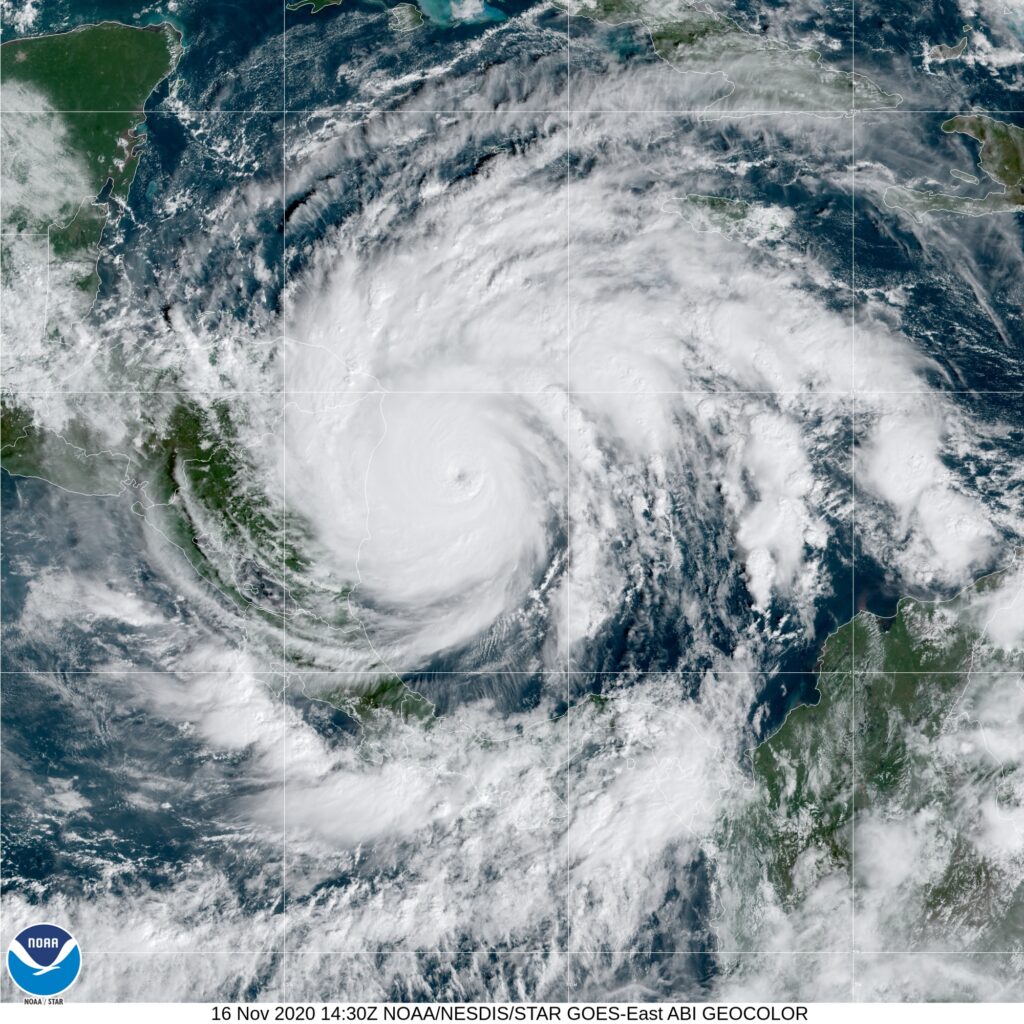
The World Meteorological Organization (WMO) has moved to retire Dorian, Laura, Eta and Iota from its rotating list of Atlantic tropical cyclone names, citing the toll on human life and damage caused by the storms.
The WMO, following its virtual hurricane committee meeting in Geneva on Wednesday (March 17), is also discontinuing the use of the Greek alphabet, adding that if 2020 was any indication of the future, the letters create an unnecessary distraction and could be potentially confusing.
“The pronunciation of several of the Greek letters (Zeta, Eta, Theta) are similar and occur in succession. In 2020, this resulted in storms with very similar sounding names occurring simultaneously, which led to messaging challenges rather than streamlined and clear communication,” the WMO explained.
“Impacts from Eta and Iota were severe enough that those names have formally retired by the Hurricane Committee. There was no formal plan for retiring Greek names, and the future use of these names would be inappropriate,” the United Nations body added.
Hurricane Dorian was 2019’s most devastating storm, which killed dozens across the Caribbean, particularly in The Bahamas, and United States. Dorian is estimated to have caused US$3.5 billion in damage.
The record-breaking 2020 hurricane season also saw the deadly impacts of Laura, Eta and Iota. A staggering US$28 billion in damages is shared among Laura, Eta and Iota—with some 310 deaths directly attributed to the storms’ impacts.
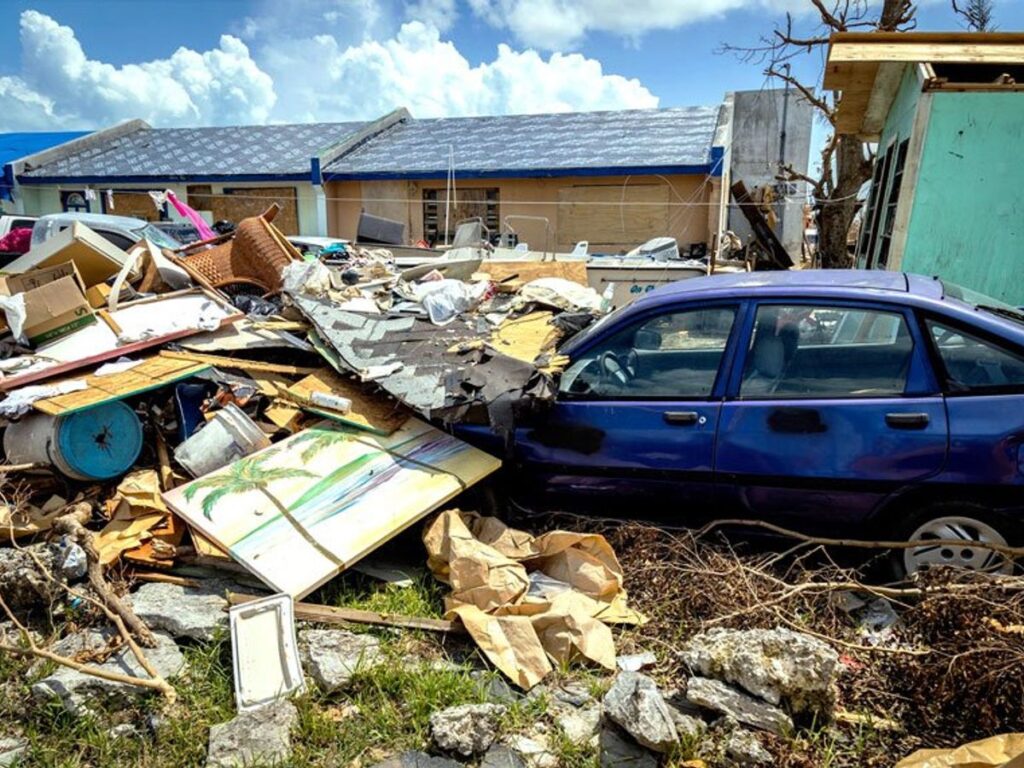
Dorian will be replaced with Dexter when the 2019 list cycles again in 2025, while Leah will substitute Laura in 2026. Atlantic tropical cyclone name lists repeat every six years unless a storm is so deadly or costly that its name is retired from future lists.
Instead of the Greek alphabet, the WMO will now utilise a supplementary list in the event the 21-allotted names are exhausted during a given hurricane season.
In total, 93 names have now been retired from the Atlantic basin list since 1953, when storms began to be named under the current system.

WMO’s Hurricane Committee, which serves North America, Central America and the Caribbean, and more critically makes up the fourth regional association (RA-IV), is hosting its first inter-regional meeting since the onset of the coronavirus (COVID-19) pandemic.
“The meeting reviewed the record-breaking 2020 Atlantic season and fine-tuned preparations for 2021, including the provision of forecasts and warnings, as well as impact assessments, for wind, storm surge and flooding hazards,” the WMO indicated.
The 2020 North Atlantic Hurricane season got off to an early and rapid start with a record nine named storms from May through July.
It ended late, with two major hurricanes in November for the first time on record and at a time when the season is normally winding down.
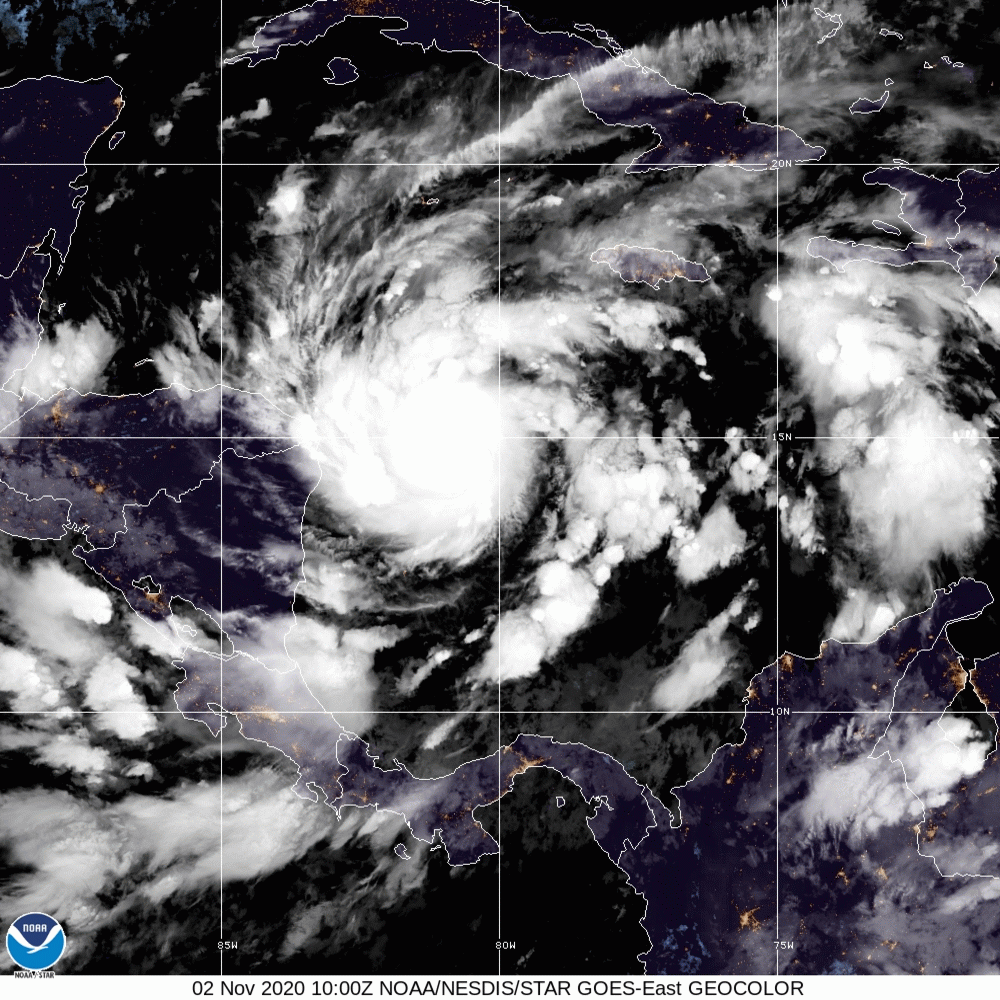
The season was so active that WMO’s 21-name rotating list was exhausted and the Greek alphabet was used for only the second time (the first time was in 2005).
“The RA-IV Hurricane Committee’s work is critical to keep our nations coordinated well before the next storm threatens”, said Ken Graham, Hurricane Committee Chair and National Hurricane Center Director.
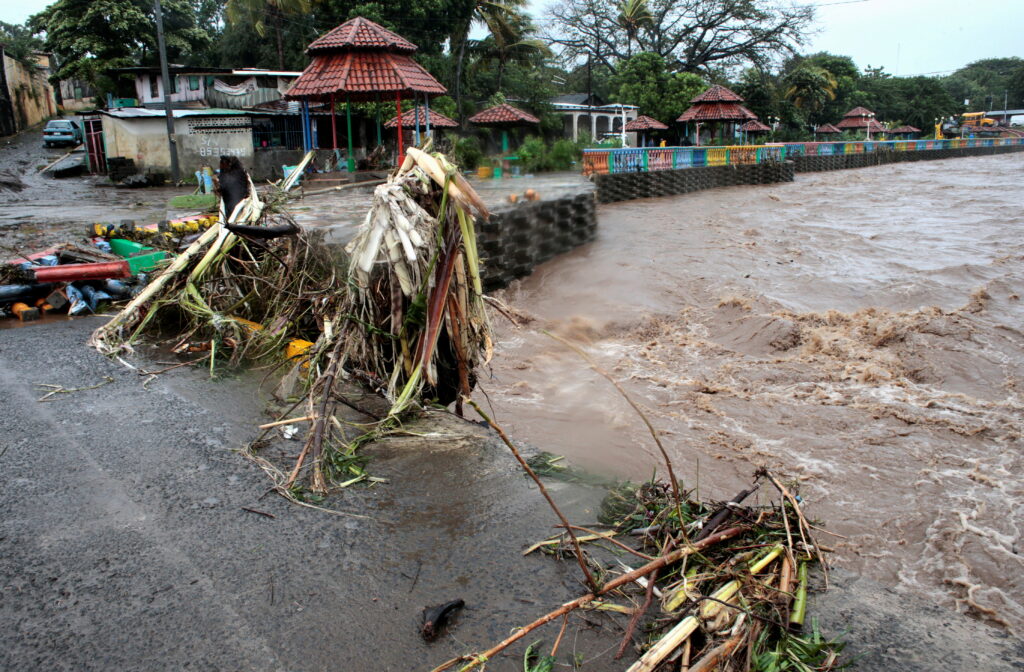
“Hurricanes don’t care about international boundaries. We all face similar dangers from tropical systems. Impacts from a single storm can affect multiple countries, so it is critical we have a plan, coordinate our efforts, and share challenges and best practices,” Graham added.
Although the naming convention is only a small part of the Hurricane Committee’s life-saving work, it attracts the most public attention.
“Developing countries and small islands in the Caribbean and Central America are increasingly vulnerable to the impacts of tropical cyclones, which can overturn years of socio-economic development in a matter of hours. In 2020, we saw this once again with tragic effect,” posited Evan Thompson, President of WMO’s RA-IV.
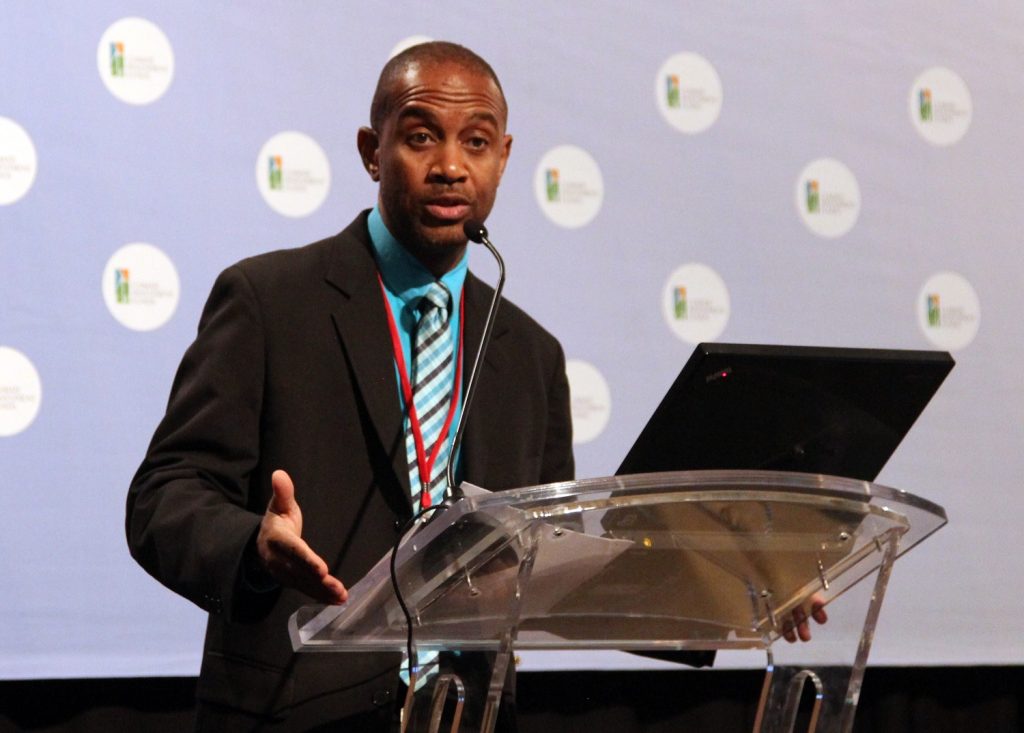
“We cannot prevent this incredible force of nature, but we do have the power to minimize the loss of life and property through cutting-edge forecasts and warnings and strong regional coordination and cooperation,” said Thompson, who heads Jamaica’s national meteorological service.

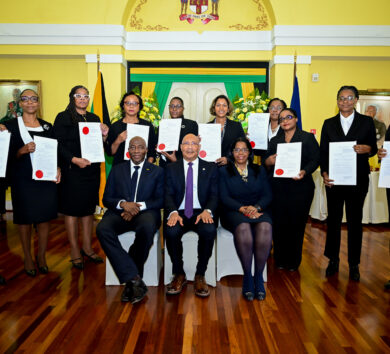





Comments